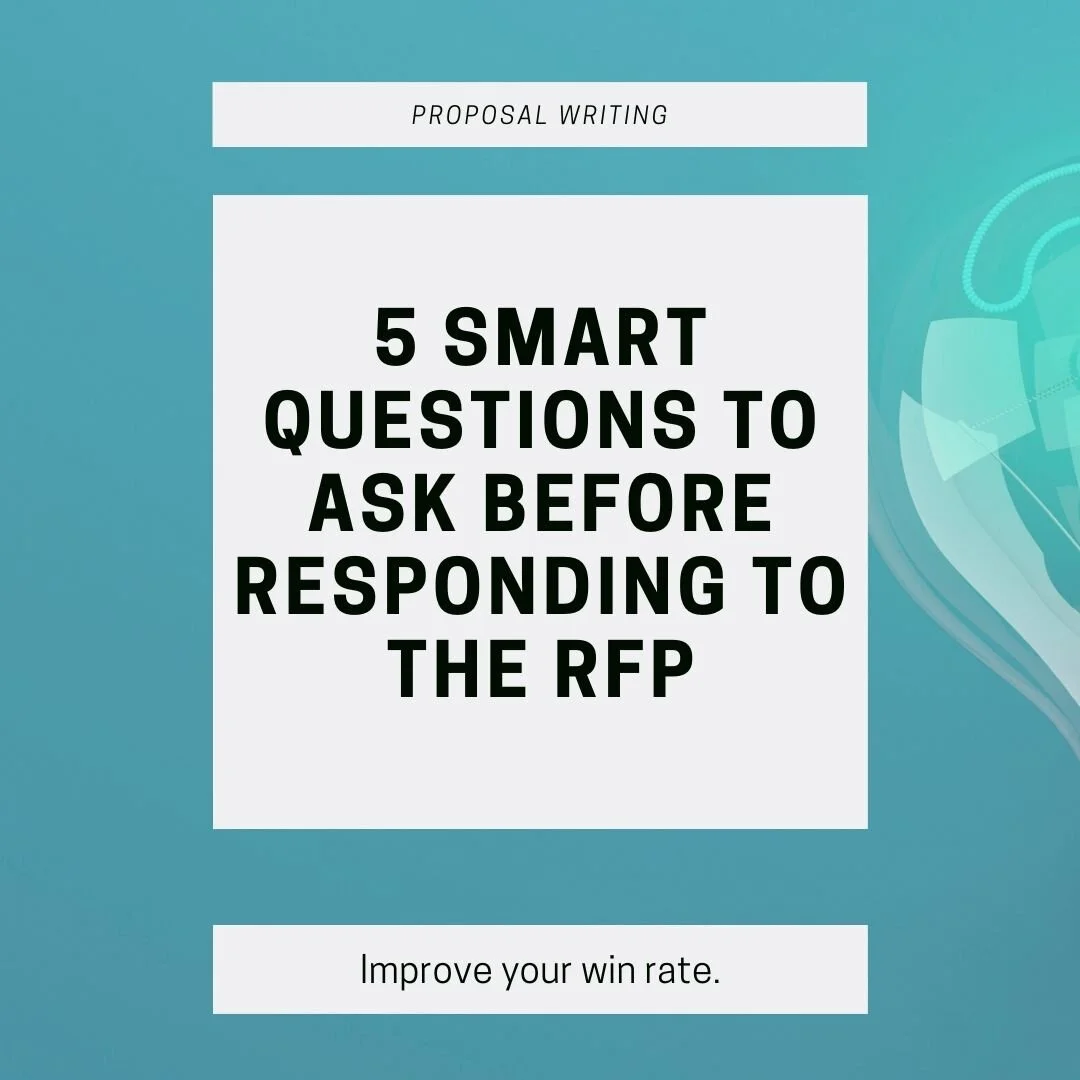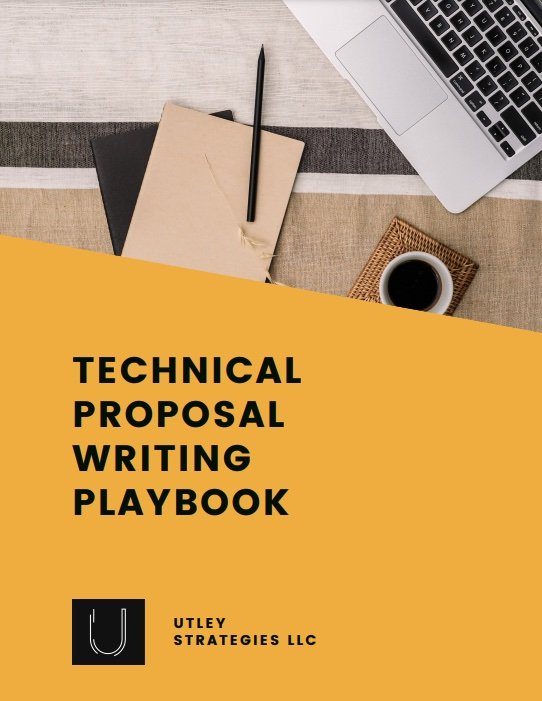5 Smart Questions to Ask Before Responding to the RFP
Responding to RFPs takes a lot of time. Most large companies have teams of at least twenty people dedicated solely to responding to RFPs. Small businesses don’t have the luxury of these resources, and that means it’s important to vet out RFPs to ensure they are worth the time before you invest in creating the proposal.
Below are a few key questions to ask to determine if you should respond to the RFP.
Do we meet the minimum requirements?
This first question is easy to determine. When you review the Scope of Services or required product features, do you meet the requirements? If the answer isn’t a definitive “yes”, then it may be better to save your resources for a strong opportunity.
Is there enough time to create a strong proposal?
RFPs have hard deadlines, and that makes time management critical. It’s not uncommon to discover a perfect RFP only to realize that you have a couple of days left to respond. If you find yourself in this situation, take a moment to decide if you can create a competitive proposal within the timeframe available. If not, it may make sense to wait until there is an opportunity with more time.
Who else is bidding? Is there an incumbent?
Understanding the competition is key for developing your proposal strategy. For public sector opportunities, you can typically see existing contracts to learn if there is an incumbent who currently supports the project. In that case, you will need to determine if the customer is happy with their work or if they want to switch.
For all RFPs, you can ask in the question period if the project is currently held by another company. In some cases, you may be able to learn who is considering bidding by attending the pre-bid meeting, if there is one. Once you know who else may be responding, you have a better idea of how to position your proposal.
Do we know why they released the RFP?
Knowing why the customer released the RFP will help you to make sure you’re addressing their pain points. As mentioned above, if there is an incumbent, why are they releasing the RFP? It may simply be a formality for procurement or it might be possible that they aren’t happy with their work.
For all projects, it’s helpful to know the customer’s goals and challenges when creating your proposal. Once you have those figured out, you can craft content that shows how you will resolve those challenges and help them to achieve their goals.
Are we able to win based on how they’re evaluating?
The evaluation criteria will give you a lot of insight into if you can compete. For example, some RFPs give price a significant weight -- 50% or more -- which means you aren’t likely to win if you are typically one of higher priced offers. Others place more emphasis on qualifications or experience. No matter the RFP, always closely asses the evaluation criteria to determine if you can win the most points.
Next Steps for Responding to RFPs
Once you answer these questions, you’ll have a better idea of if the RFP is a good opportunity for your business right now.



